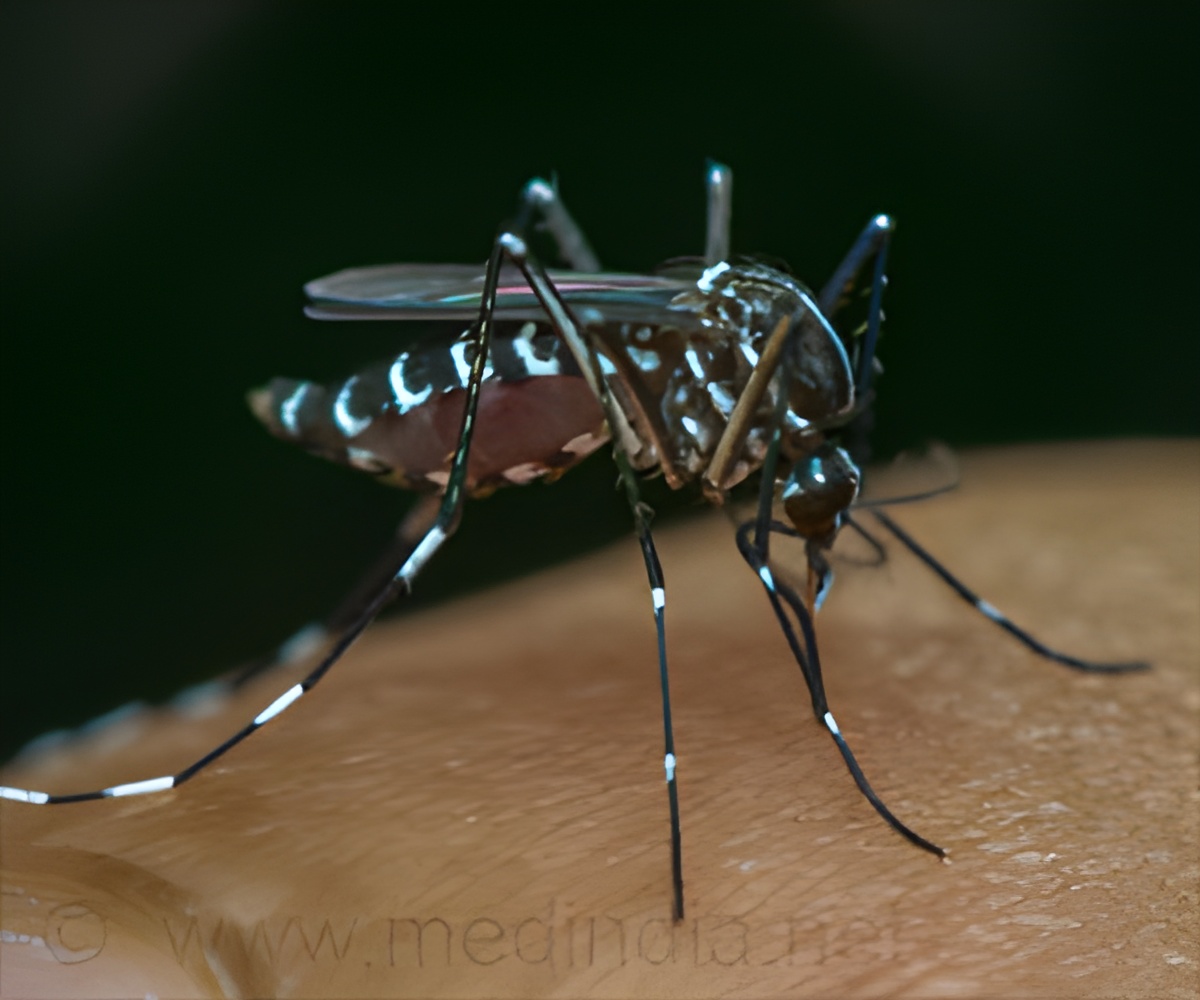Combination of zika virus and chikungunya virus is found to trigger stroke. Stroke following zika and chikungunya virus can be deadly and also result in death.

‘Combination of zika and chikungunya virus infection is linked to stroke. It is crucial to understand why the viruses trigger stroke, to prevent stroke in the future.’
Read More..




Researchers from the University of Liverpool and Brazilian collaborators have been investigating the connection between infection with viruses such as Zika and chikungunya and neurological disease. Read More..
Zika virus and chikungunya virus mostly circulate in the tropics. They result in large outbreaks of fever and rashes in places like India and Brazil.
Zika virus is widely known to cause brain damage in babies following infection in pregnancy. However, the new study shows that zika virus can also cause nervous system disorders in adults.
The study shows that zika virus can cause Guillain-Barre syndrome. Guillain-Barre syndrome is a condition in which the nerves in the legs and arms are damaged.
Chikungunya was more likely to cause inflammation and swelling in the brain (encephalitis) and spinal cord (myelitis).
Advertisement
Stroke commonly occurs when one of the arteries supplying blood to the brain becomes blocked.
Advertisement
Stroke is also being recognized increasingly as a complication of COVID-19.
The study consisted of 1410 patients who were screened, and 201 patients were recruited over two years in Brazil.
Antibody testing and comprehensive PCR was carried out to test the viruses in the laboratories.
148 patients out of the admitted 201 patients with suspected neurological disease had confirmed viral infection on laboratory testing. One-third of these 148 patients had an infection with more than one virus.
The median age of patients was 48, and just over half the patients were female.
Only around 10% of patients had fully recovered at discharge. Many patients had issues such as weakness, seizures, and problems in brain function.
Two-thirds of the stroke patients, who were aged 67 on average, had an infection with more than one virus.
Most people who had a stroke also had other risk factors, like hypertension, indicating that stroke following Zika and chikungunya viral infection may most often be seen in those who are already high risk.
"Although the world's attention is currently focused on COVID-19, other viruses that recently emerged, such as Zika and chikungunya, are continuing to circulate and cause problems. We need to understand more about why some viruses trigger stroke so that we can try and prevent this happening in the future," said senior author Professor Tom Solomon.
Source-Medindia















